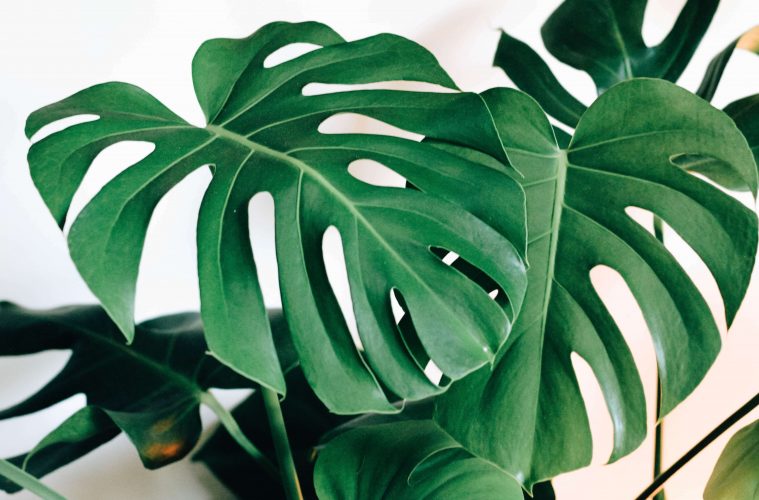The Monstera Deliciosa, with its iconic split leaves and tropical allure, has captured the hearts of plant enthusiasts worldwide. Also known as the Swiss Cheese Plant, this beauty is not only a striking addition to your indoor jungle but also a relatively low-maintenance houseplant.
To ensure your Monstera thrives and flourishes, here are some tips to follow on how to best take care of your Monstera:
Sunlight
Embracing the sun, but on its terms! Your Monstera flourishes in bright to medium indirect light, radiating its best self. It’s not a fan of intense direct sunlight, but with a little patience, it can learn to bask in its glow.
Water
Sip, but don’t drown! Treat your Monstera to a drink every 1-2 weeks, letting its soil enjoy a breather between sips. Adjust the schedule according to the light it soaks up – brighter light calls for more hydration, while lower light demands a more leisurely pace. Pro tip: Spoil your Monstera with filtered or rested water for a refreshing sip.
Humidity
A spa day for your Monstera! While it can handle normal room humidity, it secretly longs for a more luxurious moisture boost. Consider indulging it with a fine-mist mister or a sophisticated humidifier to create the ultimate indoor oasis.
Temperature
Keeping it cosy! Your Monstera thrives in the warmth of 18°C-30°C (65°F-85°F), where it can unfold its leaves in comfort. Just remember, it’s not a fan of shivering – make sure it doesn’t dip below 15°C (60°F).
Soil
A breath of fresh soil! Pamper your Monstera with a well-draining potting mix, adding ingredients like perlite or lava rocks for aeration when needed. It’s like giving your plant a comfy mattress to sink its roots into.
Although your Monstera is a low-maintenance friend, keep an eye out for uninvited guests. Treat pests as soon as they appear with weekly sprays of a natural pesticide and regular wipe-downs of the plant.
Be aware of these common Monstera problems:
Symptom: Crispy-edged leaves.
Cause: A thirsty Monstera, possibly underwatered or dealing with salt buildup.
Symptom: Drooping plant, parched soil.
Cause: It’s feeling a bit dry – either underwatered or yearning for a bigger home.
Symptom: Yellow leaves or dark stems, soggy soil.
Cause: Maybe you’re loving it a tad too much – overwatering alert!
It’s also important to take precaution of where you place your green gem. Monsteras can be irritating and toxic to cats, dogs, and humans if foliage is consumed. The best practice is always to keep houseplants out of reach of small children and pets.
ALSO SEE:
Feature image: Unsplash

